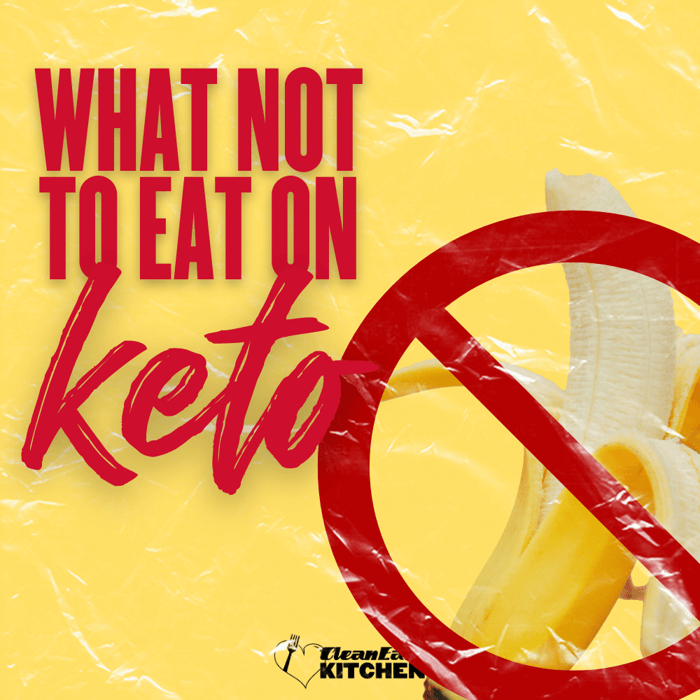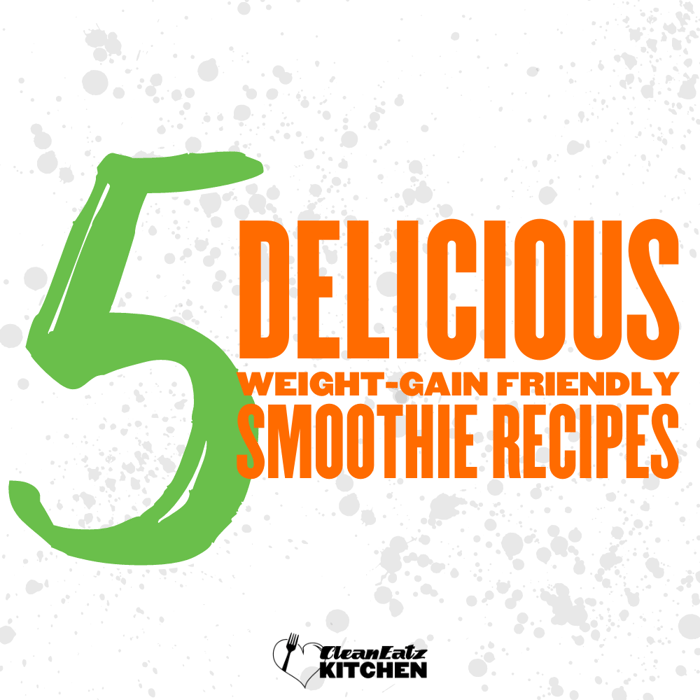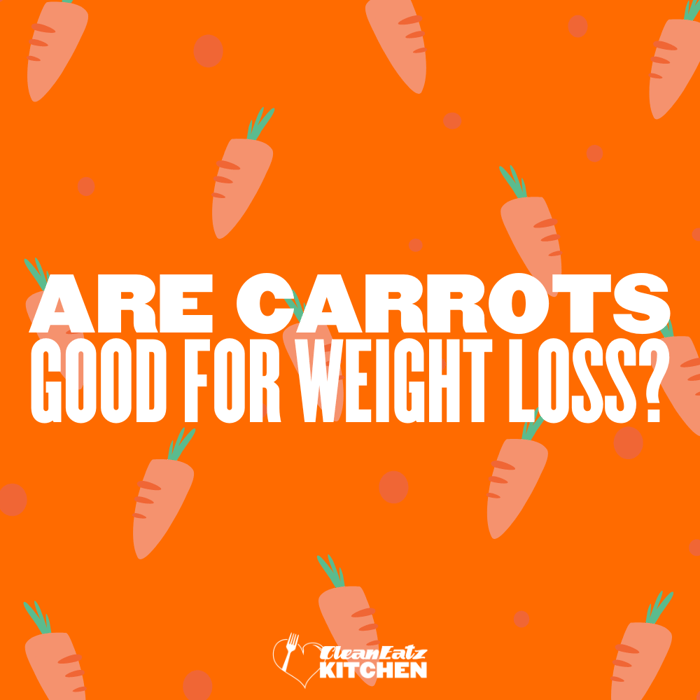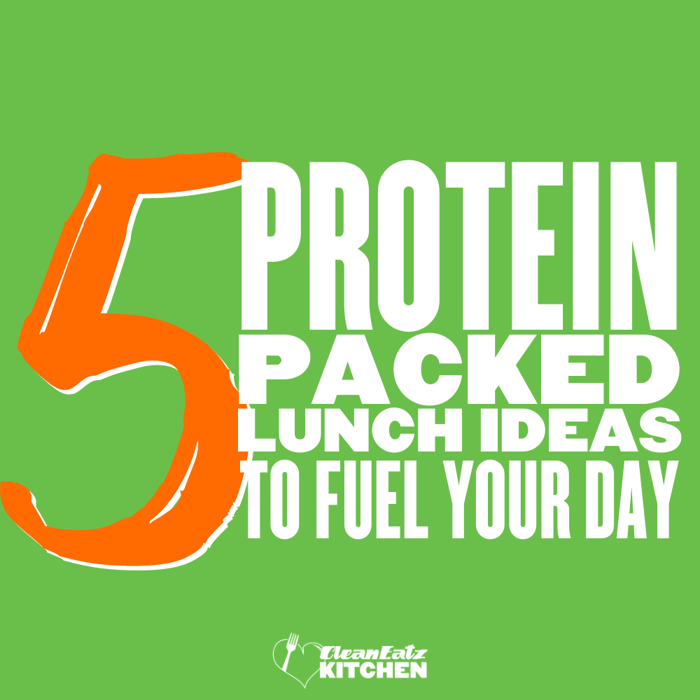Foods to Avoid on Keto Diet

Jason Nista
Nutrition
|
Weight Loss
01/12/2023 12:00pm
6 minute read
The keto diet is often chosen to promote weight loss. It's popular but controversial, and it may or may not be the right choice for you. But if you've checked with your doctor and decided to give it a try, you're probably wondering if there are foods to avoid on a keto diet. There are! To properly follow the keto diet, it is important to know which foods to bypass or limit. In this article, we will discuss the top foods to avoid and why they may be detrimental to achieving and maintaining ketosis. By understanding this, you can effectively plan your meals and stick to the keto diet, helping you to reach your health goals with ease.
What Not to Eat on Keto
The most important foods to avoid are refined grains (whole grains are better) and those with added sugar. In addition to these foods, it's important to limit all high-carb choices so you can stay in ketosis. The specific macro ratios of a keto diet are defined elsewhere, but a simple explanation of the eating pattern is this—you consume very few carbs, moderate protein, and a lot of healthy fats to promote weight loss. Let's review the foods that contain the most carbs per serving to help you navigate what works. The options listed below should be limited to small servings:
Whole grains such as wheat, brown rice, barley, and oats are high in carbs and should be limited on a keto diet. Refined products made from grains (white bread, white rice, regular pasta, and dry cereals) should be avoided.
Legumes such as beans, peas, and lentils are also high in carbs and should be limited on a keto diet.
Fruit is an important part of a balanced diet, but the natural sugar in fruit can make it challenging to fit into a keto diet plan. Choose keto-friendly fruits (lower carb) like raspberries, strawberries, and blackberries more often.
Starchy vegetables such as potatoes, sweet potatoes, yams, and corn should be limited. Lower carb options are listed below.
Sugary foods such as cookies, cakes, and candy should be completely avoided on a keto diet, as they are high in simple carbs and lack important nutrients.
Alcohol, especially mixed drinks and sweet cocktails, can be high in carbs and should be limited or avoided on a keto diet. Opt for low-carb, keto-friendly choices like wine, light beers, vodka, whiskey, gin, rum, and tequila when you choose to indulge.
Other natural sweeteners like honey and maple syrup aren’t keto-friendly despite not containing table sugar. It's best to avoid these on a keto diet.
What to Eat on Keto
Let's get to the good stuff and talk about what you can eat on a keto diet. While it may seem like there are many foods to avoid, there are still plenty of delicious and nutritious options to choose from. These include:
Non-starchy vegetables, such as leafy greens, broccoli, cauliflower, zucchini, and bell peppers, are low in carbs and high in fiber, making them a great choice for the keto diet. These vegetables can be enjoyed raw, cooked, or as part of a dish like a salad or stir-fry.
Meat, poultry, and fish are high in protein and can be a main component of a keto meal. These foods can be grilled, baked, or pan-fried and served with non-starchy vegetables.
Eggs are a versatile and affordable source of protein that can be enjoyed on the keto diet as well. They can be hard-boiled, scrambled, or made into an omelet with non-starchy vegetables.
Cheese is a source of protein and fat and can fit nicely into a keto diet plan. Make sure to choose natural cheese and avoid highly processed products (e.g., American cheese).
Avocado is a great source of healthy fat and can be used in a variety of dishes. It works great as a topping for salads and burgers.
Nuts and seeds such as almonds, cashews, hazelnuts, walnuts, pumpkin seeds, and chia seeds are also high in healthy fat and can be a convenient snack on the keto diet. Just be sure to watch portion sizes to prevent the intake of excess calories.
Oils and fats (such as olive oil, butter, coconut oil, and ghee) are used for cooking and flavoring on a keto diet. It's important not to overdo saturated fat sources while on keto for heart health.
Keto-friendly sweeteners are used by many who choose to follow a keto diet. The debate on which sweetener is the best choice is ongoing. However, use of these products can help with variety, which can be difficult long-term. It's recommended to discuss your choice to use these with your physician.
The key is to focus on whole foods, avoid or minimize processed foods, and use caution with what you add during cooking. For example, adding barbeque sauce to your meat may make it non-keto, as this sauce often has sugar in it. If you find yourself without time to prepare meals on your weight loss journey, try one of the tasty Clean Eatz meal plans.
Final Thoughts
Navigating a keto diet requires careful attention to the foods you consume. By limiting high-carbohydrate foods and sugar-laden treats, you allow your body to remain in a state of ketosis, where it burns fat for energy. Consistency and balance are crucial for long-term success on this diet. Busy adults can benefit from our weight loss meal delivery service when trying to find that balance.
FAQ
What veggies should you limit on keto?
The veggies that should be limited on keto include those that are starchy (higher in carbs per serving), such as corn, potatoes, sweet potatoes, yams, beets, and parsnips.
What are the basic rules for keto?
The basic rules for keto are to limit high-carb foods and instead focus on low-carb, whole foods.
What fruits should be limited on keto?
Fruits to limit on keto include pineapples, bananas, oranges, grapes, cherries, apples, pears, peaches, dates, figs, and mangoes. Avoid all dried fruit.
What can I eat on keto every day?
Some of the foods you can eat on keto every day include eggs, cheese, avocados, nuts/seeds, berries, non-starchy vegetables, olive oil, fish, and unprocessed meats.



